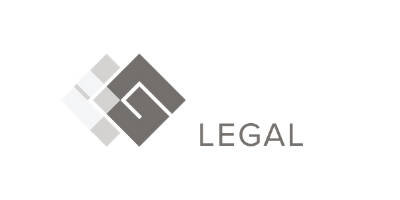In the world of commercial law, one way many companies protect their interests is by registering a trademark. This, however, is not always possible. In fact, acquiring a trademark is not always necessary, and not having one doesn’t necessarily mean that a business is completely exposed.
It is in these types of situations where the law regarding “passing off” can offer protection. If you are not familiar with this type of legal terminology, you can continue reading to the sections below. We’ll be going over the basic principles surrounding this area of the law to offer you insight as to how it might apply to your business.
WHAT IS PASSING OFF?
In the legal context, passing off is a common law tort that protects business owners who do not have registered trademarks from wrongful misrepresentation of their products or services. Basically, it is what prevents other businesses from “passing off” their products as yours. It also prevents them from claiming that your brand is in any way related to theirs.
This law is outlined under Section 18 of the Australian Consumer Law, which means it applies to any product or service that is sold in the country. This is irrespective of where your company is primarily based.
WHAT IS NEEDED TO PROVE PASSING OFF?
There are essentially three things that have to be established in order to prove that your company has been a victim of passing off. These are: (a) your company’s goodwill, (b) misrepresentation performed by another, and (c) damages that were inflicted on your company as a result of the deception.
Your company’s goodwill can be proven in several different ways. This can be in the form of company records, financial statements, publicly available evidence, and many more. The goal here is to provide sufficient information that shows your company is an established provider of the product or service in question.
As for misrepresentation by another, this can be proven by presenting the offending product or service. There has to be a substantial replication of your brand that demonstrates a high probability of misleading customers. Similarities are usually visual, aural, and conceptual in nature.
Finally, you must also provide evidence of damages incurred by your company as a result of the deception. This could be in the form of tarnish in your reputation or lost revenues, as well as the probability that these events may occur.
The burden of proof for all three aspects falls on you, and it is up to the court to decide whether or not your case constitutes passing off.
CONCLUSION
In the event that your business falls victim to passing off, it would be in your best interest to act on the situation swiftly by gathering the evidence outlined above. If successful, you will receive compensation in the form of damages and the offending party will be required to remove the misrepresentation.
We also suggest that you work with a commercial lawyer who is familiar with the relevant laws in order to successfully file and resolve your claim.
We are a law firm in Brisbane, QLD that specialises in commercial and corporate law. Our commercial lawyers are committed to helping you resolve your claims. Get in touch with us today if you have any questions.






